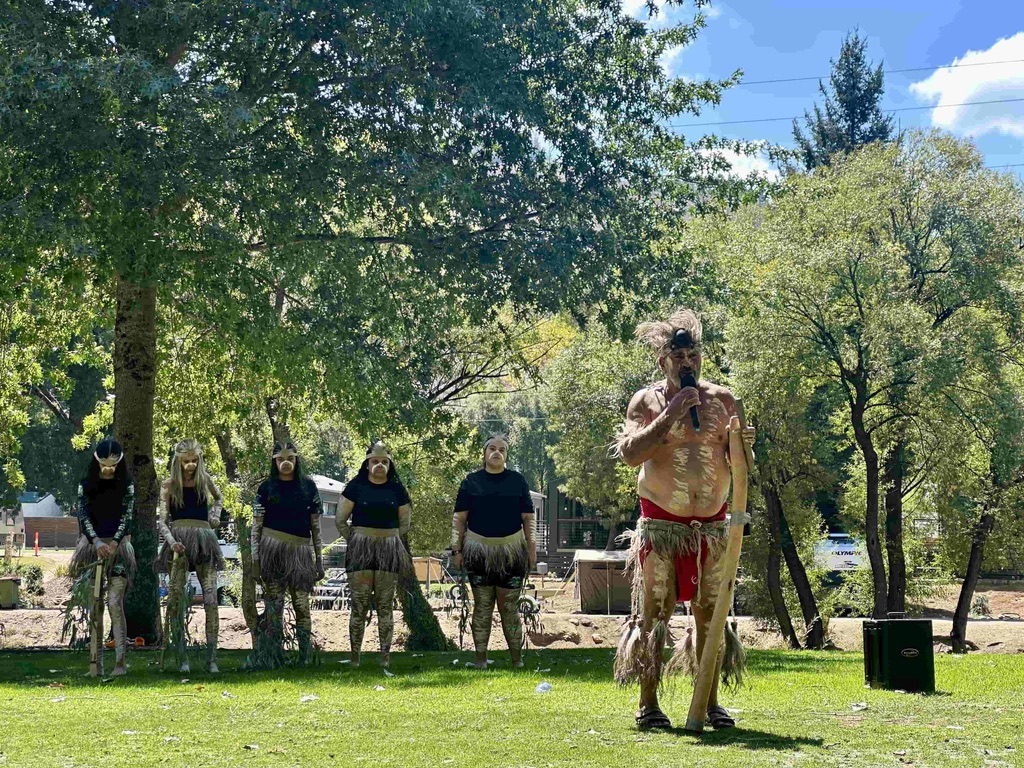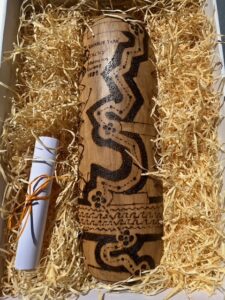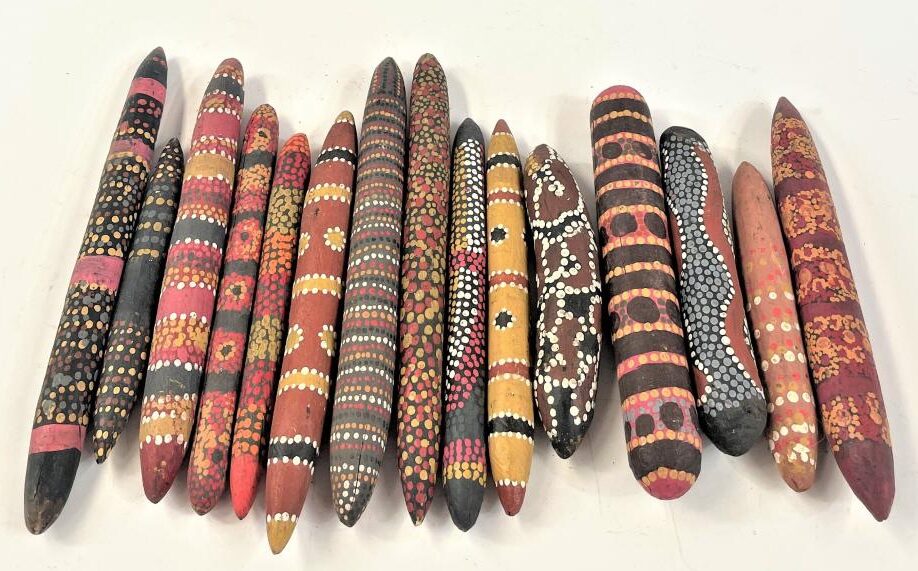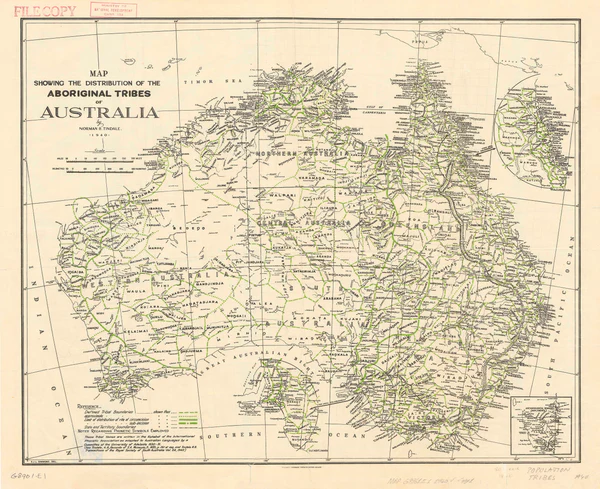Our Strzelecki bike tour draws inspiration from the explorer himself, shaping much of our chosen route. However, since the tour’s inception, we’ve aimed to include more Aboriginal Culture, deepening the connection to the land’s heritage. With Anne Maree Moore on the guide team partnering with respected Elder Uncle Dozer, we’ve gained invaluable expertise and insight, allowing us to integrate Indigenous stories and perspectives into the journey, enriching each rider’s experience.
Our partnership with the Indigenous communities reflects reconciliation through respect for Country and each other. At its heart, reconciliation is about strengthening relationships between Aboriginal and Torres Strait Islander peoples and non-Indigenous peoples, for the benefit of all.
 Elder Uncle Dozer speaks to the tour about his Country and Culture at Bright.
Elder Uncle Dozer speaks to the tour about his Country and Culture at Bright.
Your Ride and Seek Strzelecki journey begins on Bondi Beach, Sydney, on the ancient traditional lands of the Birrabirragal clans of the Dharawal nation.
Australia was first inhabited by the First Nations People of Australia around 65,000 years ago, making the Australian Indigenous Culture the world’s oldest continuous living culture.

Australia is made up of hundreds of First Nations, distinct language-based groups connected to stretches of territory known as ‘Country‘, much like modern-day Europe. Important traditional information is passed down and shared through ceremony, art, song, dance, story and cultural objects.
Message sticks were often used to facilitate long-distance communication between different language groups. Message sticks are flat, rounded pieces of wood etched with intricate carvings. They were not comprised of writing but symbols conveying important messages between Aboriginal nations.
Message sticks could be on any topic, but they always demanded respect and acknowledgement. They were often announcements about ceremonies, such as initiations or funerals. They could also establish political partnerships, request resources or emergency assistance, declare war, organise hunting, or trade vital resources.

The Strzelecki Tour message stick (above), created especially for the Strzelecki Tour using the traditional burning technique of the area, by Elder Uncle Dozer, with the Strzelecki Tour’s map etched into local Yellowbox timber.
Message sticks were typically carried by messengers who conveyed the details of the markings, and those from other nations were obliged to recognise the carrier as an ambassador, look after them, and guarantee a safe passage into the lands of other nations.
This BBC article offers a useful video overview of the significance of message sticks.
There are many First Nations within Australia, and crossing into foreign territory without permission could be punishable by death, but envoys had diplomatic immunity and were given respect. People wishing to enter would be required to wait at the edge of Country for permission, known today as “Welcome to Country” from the recognised Elder.
The Strzelecki tour follows the path of the Strzelecki expedition, which included two Indigenous guides, Charlie Tara and Jackey, who saved the party from starvation with their knowledge and hunting ability. On tour, you will be travelling through 13 ancient lands: Stage 1 from Dharawal, Sydney to Wiradjuri Country, Albury, Stage 2 continuing on to Wurundjeri Country, Melbourne and Stage 3 finishing in Nipaluna Country, Hobart on the island of Lutruwita, Tasmania.
We look forward to welcoming you to the Strzelecki Australian Tour and embarking on this journey of discovery, learning about the Australian First Nations’ perspectives.
Note: First Nations place names and spelling are referenced from the Norman Tindale map (below)

Acknowledgement of Country
Ride and Seek acknowledges Traditional Owners of Country and recognises the continuing connection to lands, waters and communities. We pay our respect to Aboriginal and Torres Strait Islander cultures; and to Elders past and present.